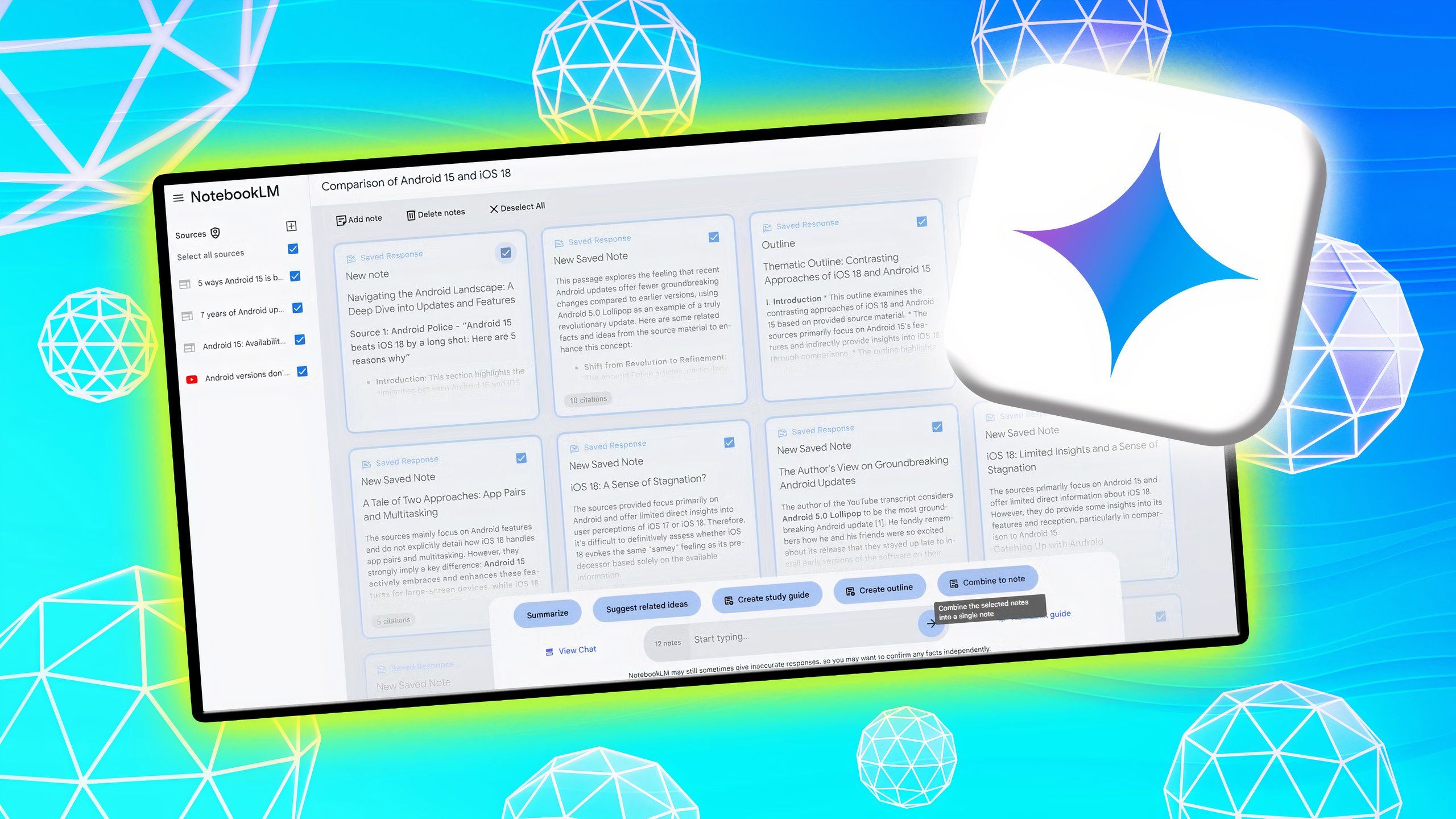Summary
- Sundar Pichai highlighted Google’s AI advancements and the potential for its future at the recent AI Action Summit in Paris.
- The all-encompassing Project Astra AI agent looks to combine every aspect of AI and fundamentally change lives.
- Pichai advocated for increased adoption and consistent regulation in the push for AI outputs that truly benefit the world.
Gemini AI gets good marks from users, especially considering AI on smartphones is still in its early stages. But it’s far from the end goal. Google built its mind-bogglingly vast knowledge graph to not only help streamline spreadsheets and search the web for you, but also to eventually combine the entirety of machine learning in a multi-modal digital assistant, called Project Astra, that can change how we interact with devices.
At the AI Action Summit recently in Paris, Sundar Pichai, Google CEO, delivered forward-looking remarks on the future of today’s most hyped tech field, and how Google aims to provide users with a gestalt AI assistant experience while changing the world. He even alluded to Astra’s arrival on Pixel phones. Here’s what he had to say.
Related
Pichai muses on the future
A broad vision with real-world goals
Modified from sources: Google / Android Police
Google’s head honcho offered a broad overview of recent AI progress, which his company plays no small part in spearheading. Early in the talk, he outlined how drastically reduced processing requirements have made AI accessible, and helped bring its capabilities to light, but soon turned to the company’s overarching mission in AI investment.
You could ask a deep research agent, “Where in Europe should I vacation for two weeks in August?” Five minutes later, you have a full analysis considering factors like affordability, weather, visa requirements, and more — all with sources cited.
After lauding accomplishments like AI besting champion Go players and referencing Google’s impressive (and expanding) infrastructure, he talked about what certainly sounded like Project Astra. Multimodal agents, he described, “are getting better at understanding the world around you. Just point your phone camera at something near you, and ask Project Astra about it.”
Even more notably, he continued, “What’s really exciting is how Project Astra brings us closer to our vision for a universal AI assistant that is seamlessly integrated into our lives across different devices and contexts. We’re going to bring capabilities like this to our products soon.” It’s hard to see that as anything but an allusion to Pixel phones gaining the first onboard, all-encompassing AI agent in the foreseeable future.

Related
5 essential steps Google needs to take for Gemini to rule AI
Improved visuals, agentic evolution, and smart hardware needed
As the summit was an international meeting of the minds, Pichai spent plenty of time on goals other than just consumer devices. He called out three Googlers for their Nobel Prize-winning work with AlphaFold protein structure mapping, and how organizations like Isomorphic Labs (an Alphabet subsidiary) can work with it and (eventually) nascent quantum computing to push medical breakthroughs at unheard-of speed.
Hope for the future of AI tools
Source: USAII
But probably not robots using laptops. Maybe.
Beyond a do-it-all digital assistant inside a smartphone, Pichai’s AI vision encompassed development that could significantly help everyday people. He talked about how AI-driven natural disaster prediction saves countless lives and property from floods and wildfires. Fully autonomous vehicles streamline and make safer the commutes that people don’t realize are ruining their day.
I think when history looks back it will see this as the beginning of a golden age of innovation.
Accelerated language translation lets people communicate and collaborate better around the globe. And addressing localized health issues in various parts of the world can end social stigmas and elevate entire populations to happier lives.
Pichai’s prescription for changing the world with AI
Google’s DeepMind division is behind some of today’s most advanced AI research.
The CEO offered a four-fold path to the next technological generation:
- An ecosystem of innovators and adopters: getting devices in consumers’ hands, enabling productivity gains, is key.
- Infrastructure: Continued investment in bleeding-edge hardware will make all the difference.
- Investment in people and preparing them: Pichai touted generative AI’s contribution to the workplace, and acknowledged the future workforce needs to get ready for those realities.
- Act boldly and responsibly, so everyone can benefit from AI: In other words, make it consistent, accurate, and able to resist abuse like deepfake creation.
Pichai finished the talk by outlining a few policy points that line up directly with AI’s goals and potential. Through globally aligned regulation, addressing risks without slowing innovation, and a measured, rational approach to investment and adoption, companies and governments can make a huge positive difference to the world using the technology Google’s developing right now.

Related
5 reasons why Google will dominate the AI arms race with solutions like Gemini and NotebookLM
Google is well-positioned to win with its AI
Pichai rounded out his inspiring talk by reminding everyone that technology almost always makes the next generation’s lives easier. “But these outcomes are not guaranteed,” he warned, expounding, “The biggest risk could be missing out.” In closing, Pinchai admitted, “We must not let our own bias for the present get in the way of the future. We have a once-in-a-generation opportunity to improve lives at the scale of AI.”
Here’s hoping his optimism pans out.




